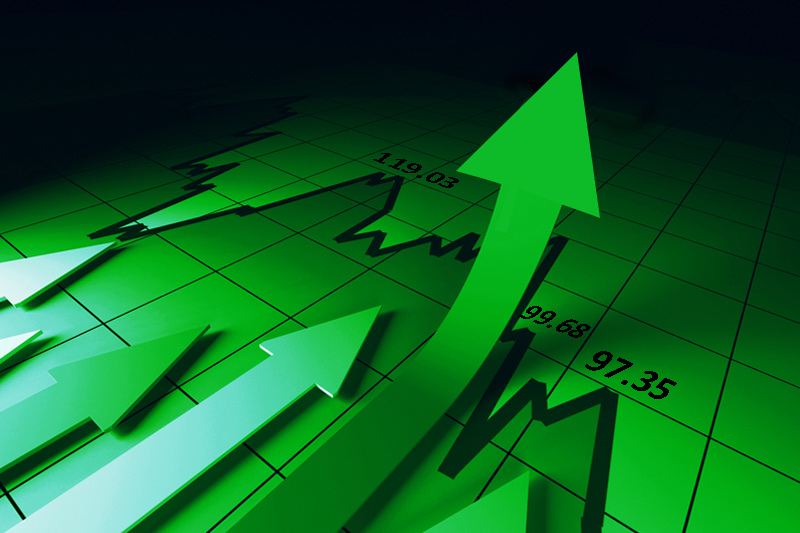Investing.com - The New Zealand dollar rose to a two-day high against its U.S. counterpart on Tuesday, as speculation that euro zone leaders are considering ways to enhance the European Financial Stability Facility boosted risk sentiment.
NZD/USD hit 0.7887 during late Asian trade, the pair's highest since September 23; the pair subsequently consolidated at 0.7860, rising 0.77%.
The pair was likely to find support at 0.7723, the low of September 23 and resistance at 0.8011, the high of May 25.
Market sentiment strengthened amid speculation that euro zone financial leaders are considering ways to beef up bailout funds, easing concerns over the deepening sovereign debt crisis in the single currency bloc.
On Monday, a senior European Central Bank policymaker said the funds in the EUR440 billion European Financial Stability Facility could be used as collateral to borrow from the ECB, making more money available.
Elsewhere, the kiwi was up against the Australian dollar with AUD/NZD shedding 0.39%, to trade at 1.2555.
Later in the day, a U.S. report on consumer confidence was to be released, while Federal Open Market Committee member Richard Fisher was also due to speak.
NZD/USD hit 0.7887 during late Asian trade, the pair's highest since September 23; the pair subsequently consolidated at 0.7860, rising 0.77%.
The pair was likely to find support at 0.7723, the low of September 23 and resistance at 0.8011, the high of May 25.
Market sentiment strengthened amid speculation that euro zone financial leaders are considering ways to beef up bailout funds, easing concerns over the deepening sovereign debt crisis in the single currency bloc.
On Monday, a senior European Central Bank policymaker said the funds in the EUR440 billion European Financial Stability Facility could be used as collateral to borrow from the ECB, making more money available.
Elsewhere, the kiwi was up against the Australian dollar with AUD/NZD shedding 0.39%, to trade at 1.2555.
Later in the day, a U.S. report on consumer confidence was to be released, while Federal Open Market Committee member Richard Fisher was also due to speak.
